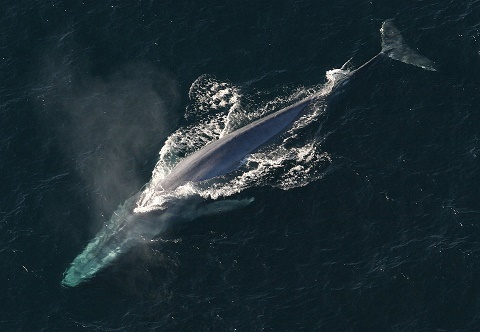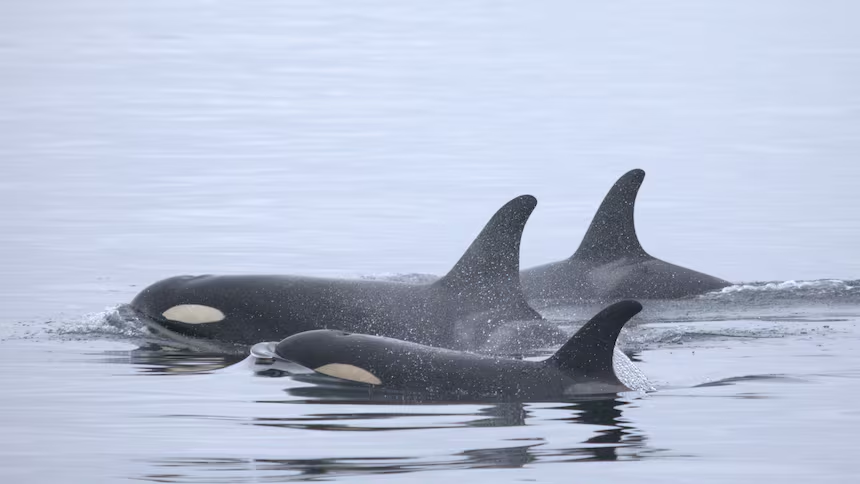 More than half the world’s whale and dolphin species are found in New Zealand waters, yet very little is known about their migration paths, their behaviour and where they go. In summer 2016 scientists deployed seven acoustic moorings in Cook Strait that recorded the sounds of marine mammals for six months until they were retrieved in December. The results revealed some exciting findings.
More than half the world’s whale and dolphin species are found in New Zealand waters, yet very little is known about their migration paths, their behaviour and where they go. In summer 2016 scientists deployed seven acoustic moorings in Cook Strait that recorded the sounds of marine mammals for six months until they were retrieved in December. The results revealed some exciting findings.
Among more common whale species, the passive acoustic devices recorded vocalisations from Antarctic blue whales, and Antarctic minke whales. The hydrophones had also detected several beaked whale calls, including Cuvier’s, and possibly strapped-tooth and Gray’s beaked whales. The data so far shows that Cook Strait may be segregating different whale populations, with Antarctic blues primarily heard on the east side. Cook Strait which lies between the North and South Islands of New Zealand is known for its high flow and many deep-water canyons close to shore, which makes it a unique environment likely to attract a lot of marine mammals animals. Several acoustic moorings have been redeployed and are due to be retrieved this coming August.



